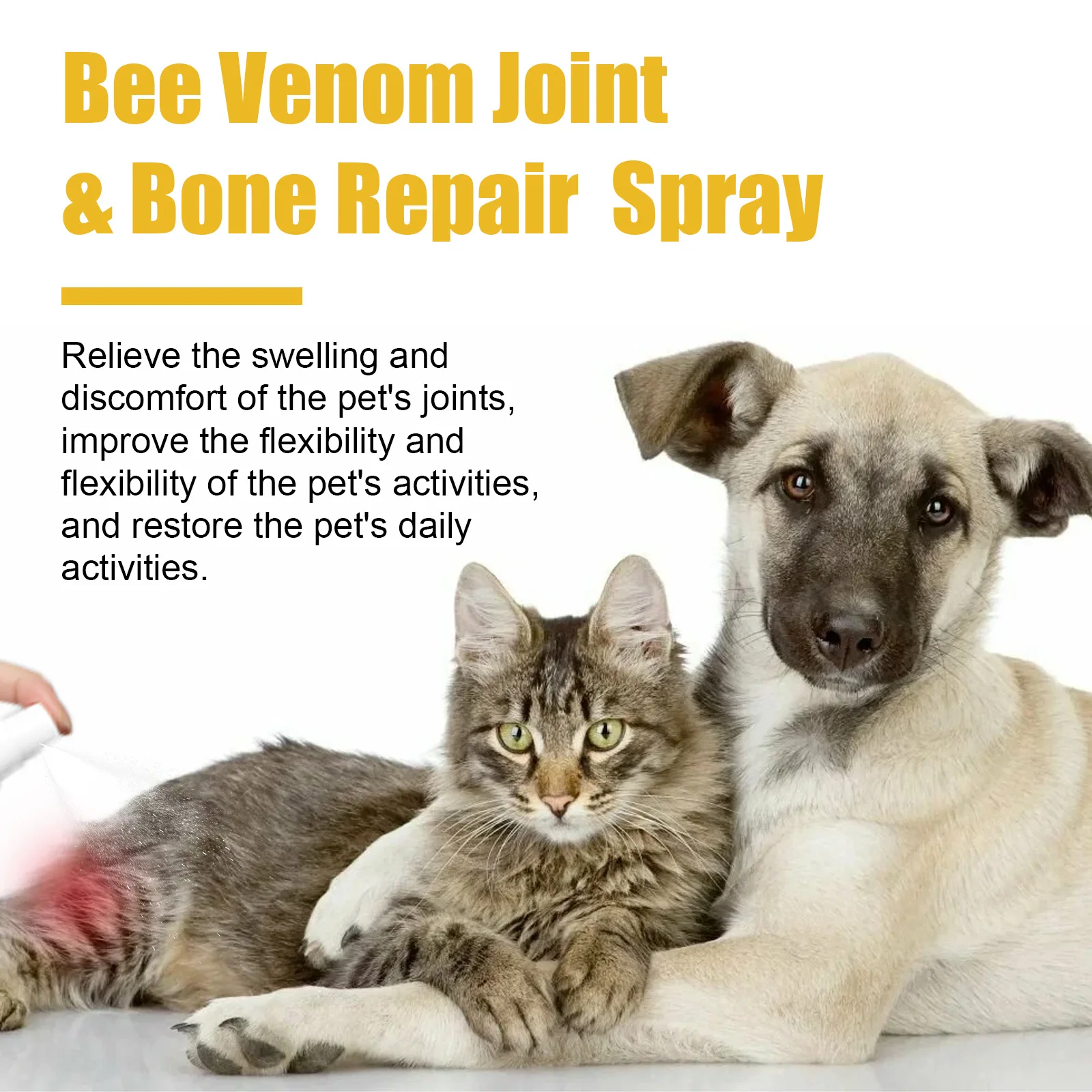Preventative Pet Health: A Comprehensive Guide to Keeping Your Furry Friends Happy and Healthy
Guide or Summary:Regular Vet VisitsProper NutritionExercise and Mental StimulationParasite ControlDental CareEnvironmental EnrichmentPet ownership brings im……
Guide or Summary:
- Regular Vet Visits
- Proper Nutrition
- Exercise and Mental Stimulation
- Parasite Control
- Dental Care
- Environmental Enrichment
Pet ownership brings immense joy and companionship to our lives, but it also comes with a responsibility to ensure the well-being of our furry friends. Preventative pet health is the cornerstone of this responsibility, encompassing a proactive approach to maintaining our pets' health, preventing diseases, and promoting a long and happy life. In this comprehensive guide, we delve into the essential aspects of preventative pet health, offering insights and strategies to keep your pets healthy and happy.
Regular Vet Visits
One of the most crucial elements of preventative pet health is regular vet visits. These check-ups provide an opportunity for early detection and treatment of health issues, ensuring that minor problems do not escalate into major health concerns. During these visits, your vet can administer vaccinations, conduct routine health screenings, and provide advice on nutrition and lifestyle choices that support your pet's overall well-being.

Proper Nutrition
Nutrition plays a pivotal role in your pet's health. A balanced diet tailored to your pet's age, size, breed, and activity level is essential for maintaining optimal health. High-quality commercial pet food or homemade diets, when properly formulated, can provide essential nutrients, support immune function, and reduce the risk of chronic diseases. Additionally, hydration is crucial, so ensure your pet has access to fresh water at all times.
Exercise and Mental Stimulation
Exercise is not only beneficial for your pet's physical health but also plays a vital role in their mental well-being. Regular physical activity helps maintain a healthy weight, strengthens muscles and bones, and reduces the risk of obesity-related health issues. Additionally, mental stimulation through activities such as training, puzzles, and playtime is essential for preventing boredom and promoting cognitive health.
Parasite Control
Parasites, including fleas, ticks, worms, and mites, can cause a range of health problems and discomfort for your pet. Regular use of preventative treatments such as flea and tick medication, heartworm prevention, and deworming is crucial to protect your pet from these harmful invaders. Consult with your vet to determine the most appropriate preventative measures based on your pet's lifestyle and risk factors.

Dental Care
Dental health is often overlooked, but it is a critical aspect of preventative pet health. Dental disease can lead to pain, infection, and tooth loss, impacting your pet's overall quality of life. Regular dental cleanings by a veterinarian and brushing your pet's teeth with pet-friendly toothpaste can help prevent dental issues and maintain oral hygiene.
Environmental Enrichment
Providing a stimulating and enriching environment is essential for your pet's mental and physical well-being. This includes creating a safe and comfortable living space, providing toys and activities that encourage exploration and play, and ensuring your pet has opportunities for social interaction and bonding with you and other pets.
In conclusion, preventative pet health is a holistic approach to maintaining your pet's well-being. By prioritizing regular vet visits, proper nutrition, exercise, mental stimulation, parasite control, dental care, and environmental enrichment, you can significantly reduce the risk of health issues and promote a long and happy life for your furry friends. Remember, a healthy pet is a happy pet, and a happy pet is a joy to have by your side. Investing time and effort into your pet's preventative health is an investment in the unconditional love and companionship they provide.
